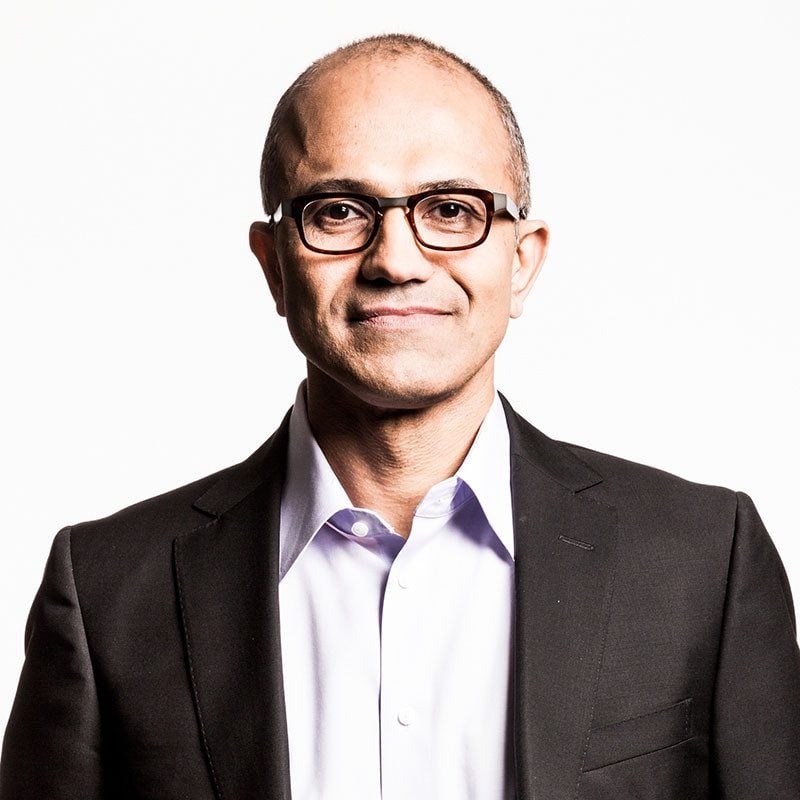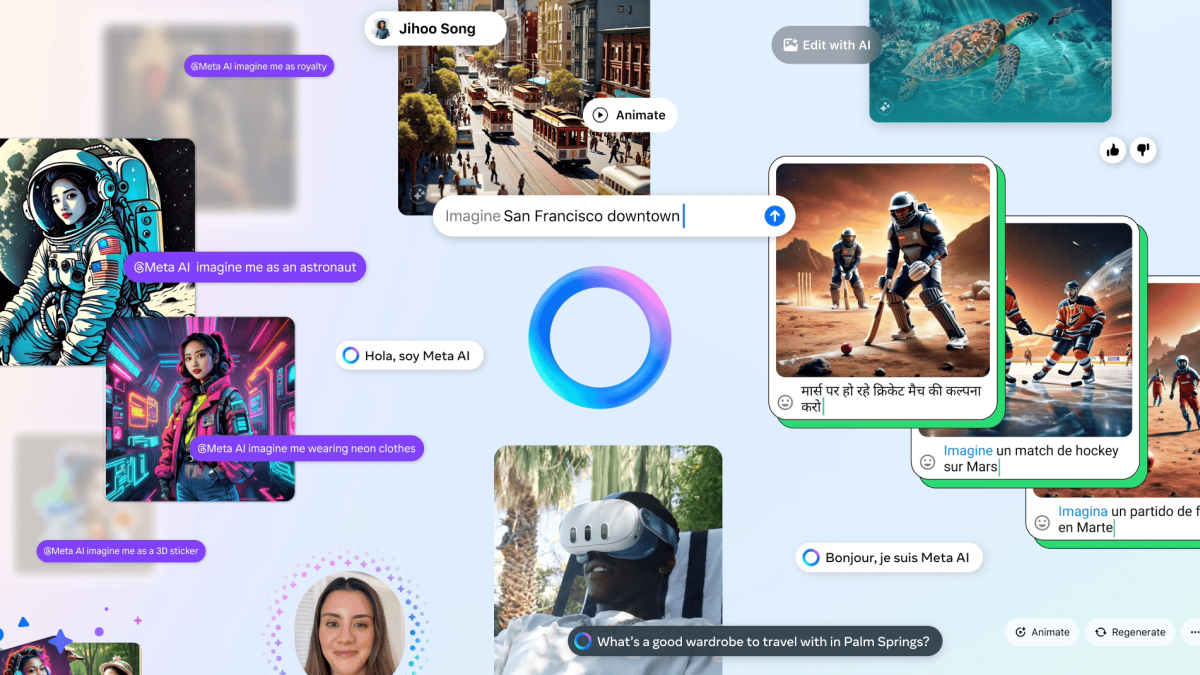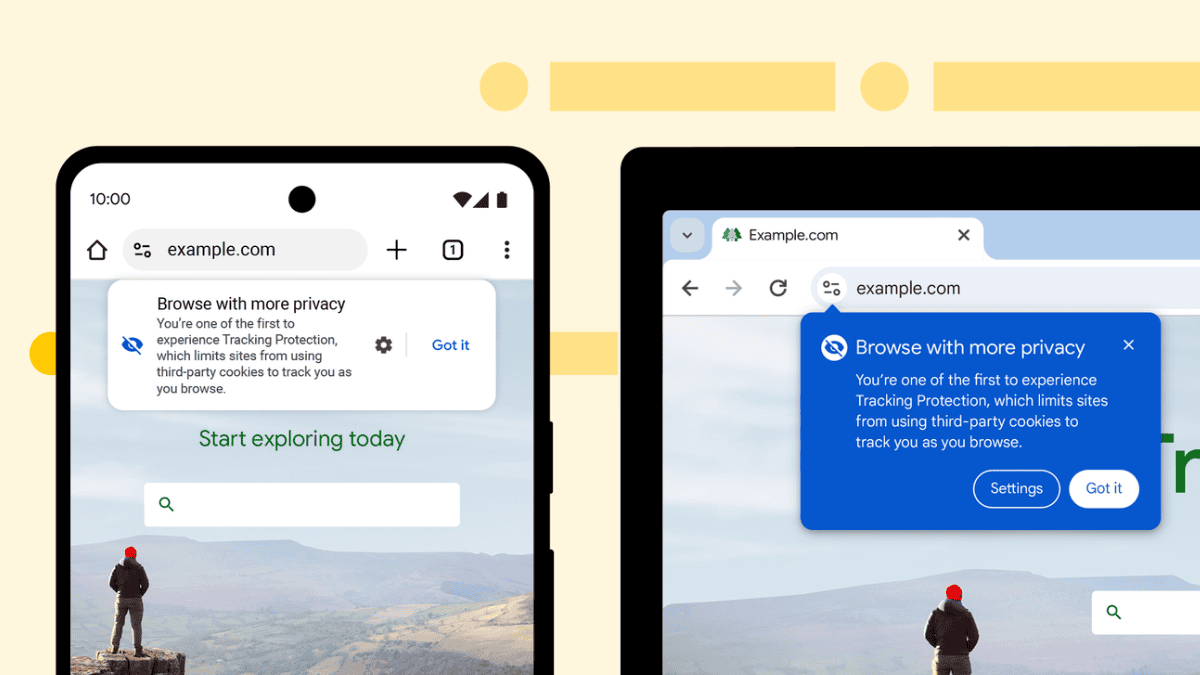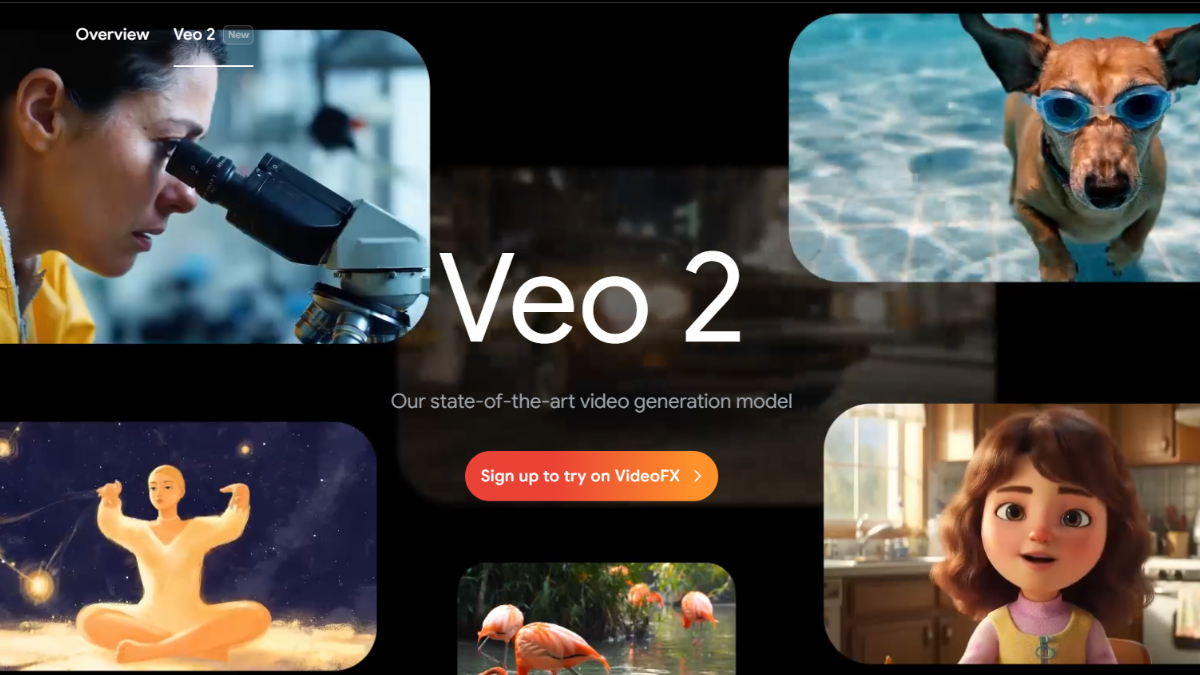In letter to employees, Microsoft CEO Satya Nadella pledges $1.5 million to social justice organizations, real action
6 min. read
Published on
Read our disclosure page to find out how can you help MSPoweruser sustain the editorial team Read more

In a letter to employees, Microsoft CEO Satya Nadella laid out their efforts to improve diversity and inclusion in Microsoft, and also to support broader societal moves to not just change Microsoft, but the world.
The action comes in the wake of the extrajudicial killing of George Floyd, but Nadella notes that “we cannot episodically wake up when a new tragedy occurs. A systemic problem requires a holistic response.”
Nadella set out Microsoft’s commitment as follows:
- To have goals and programs to improve representation in all roles and at all levels
- To invest in the talent pipeline broadly, by expanding their connections with Historically Black Colleges and Universities
- To create an environment where all voices are heard and valued, by making inclusion a core priority.
Microsoft also uses its resources directly to address systemic inequities in the community, such as donating resources to their Criminal Justice Reform Initiative or prioritising diverse suppliers as part of their 15-year-old Supplier Diversity program.
Lastly, Microsoft is deepening their engagement with six organizations that are advancing social justice and offer solidarity to the Black community: Black Lives Matter Foundation, Equal Justice Initiative, Innocence Project, The Leadership Conference, Minnesota Freedom Fund, and NAACP Legal Defense & Education Fund, starting with a company donation of $250,000 to each of these organizations, followed by a company match of their employees’ contributions to eligible organizations.
Satya ends with a call to action for all employees to make the difference they want to see in the world.
Read Nadella’s full letter below:
Seeing injustice in the world calls us all to take action, as individuals and as a company. Sometimes this action is personal – what do I do to change? Sometimes it is organizational – what changes do I need to make around me? And sometimes it is reflected into the world – what can we do as a company to accelerate the change we desire? As we see the everyday racism, bias and violence experienced by the Black and African American community, the tragic and horrific murders of so many, the violence in cities across the US, it is time for us to act in all arenas. As I shared in our Employee Town Hall last week, each of us – starting with me and the senior leaders at the company – has a role to play. We cannot episodically wake up when a new tragedy occurs. A systemic problem requires a holistic response.
I am heartbroken by the deep pain our communities are feeling. The results of systemic racism, which have impacted opportunities and exacerbated injustices for Black and African American communities, urge me to consider my own role as a leader. I must continue my journey of understanding and empathy and examine actions I take, or don’t take, every day. Listening and learning from my Black and African American colleagues is helping me develop a better understanding of their experience. And I take accountability for my own continued learning on the realities of privilege, inequity and race and modeling the behavior I want to see in the world.
As a company, we need to look inside, examine our organization, and do better. For us to have the permission to ask the world to change, we must change first. We have to embrace the same speed and mindset that we do in anticipating and building for future technological shifts. Each day, we work to bridge the gap between the culture we espouse and our daily lived experience, but we must do more and do it faster. In order to be successful as a business in empowering everyone on the planet, we need to reflect the world we serve. This is our commitment; we have goals and programs to improve representation in all roles and at all levels. We’re investing in the talent pipeline broadly, as we’ve expanded our connections with Historically Black Colleges and Universities. We also have to create an environment where all voices are heard and valued, that’s why inclusion is a core priority for each one of us. I ask each of us to recommit to our shared D&I priority, participate in our inclusion learning programs, use the tools and resources we have shared on becoming an effective ally for others. We have the capabilities to make Microsoft more diverse and inclusive, but we must do the work.
We also have a responsibility to use our platform and resources intentionally to address systemic inequities in our communities and in society broadly. This is the work we need to do to have lasting impact. For example, we’re using our technology and our voice toward a more equitable criminal justice system with our Criminal Justice Reform Initiative. We created our Supplier Diversity program 15 years ago, so our supplier companies better reflected the diversity of our customers. Today, it makes up nearly 10 percent of our supplier spend. That spend has an amplifying effect, growing the local economies in the communities where those businesses are located. We need to keep building on this work in every community we operate in.
Finally, we must carry our company values out into the world in a way that reflects our strengths and expertise. To this end, we will deepen our engagement with six organizations that are advancing social justice, helping community organizers address racial inequality, and offering solidarity to the Black community: Black Lives Matter Foundation, Equal Justice Initiative, Innocence Project, The Leadership Conference, Minnesota Freedom Fund, and NAACP Legal Defense & Education Fund. This starts with a company donation of $250,000 to each of these organizations ($1.5 million in total), followed by a company match of our employees’ contributions to eligible organizations. Together, through your giving and the company match, we have donated more than $15 million to civil rights, social action, and advocacy nonprofit organizations since 2015.
I have heard from many employees over the past several days, expressing calls for action, calls for reflection, calls for change. My response to all of you is this: Yes. We have to act. And our actions must reflect the values of our company and be directly informed by the needs of the Black and African American community. We must continue to nurture the energy and passion that the Blacks at Microsoft employee resource group fueled in all of us since its founding in 1989. We have been on a cultural transformation journey and must accelerate our pace of change. Each of us, starting with me, must look at where we are as individuals, confront our fixed mindset[,] and act. Our humanity is what calls out to us to make the world a better place.
We all have a role to play. I will do the work. The company will do the work. I am asking each of you to do the work. And together, we will help make the difference we want to see in the world.
Satya
via Thurrott.com








User forum
0 messages